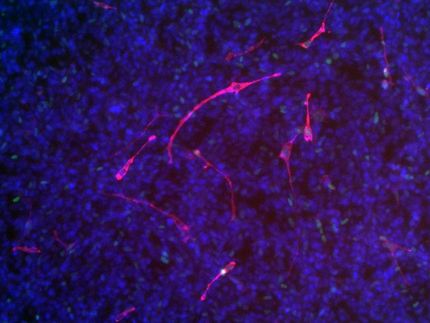Celera Genomics Presents Preclinical Data on its Human Histone Deacetylase (HDAC) Inhibitor
Advertisement
Celera Genomics Group, an Applera Corporation business, presented preclinical data characterizing its novel histone deacetylase (HDAC) inhibitor, CRA-024781, as a cancer therapeutic, describing its dose-dependent inhibition of tubulin and histone Acetylation and significant anti-tumor activity in multiple in vivo tumor xenograft models. In addition, it was demonstrated that the measurement of tubulin and histone acetylation might be used to monitor the pharmacodynamic effects of CRA-024781 in vivo. These findings support the application of CRA 024781 in anti cancer therapy.
These studies follow the first report of the crystal structure of the enzyme HDAC8 that was published by Celera Genomics in the journal Structure in July 2004. Knowledge of the three-dimensional structure of HDAC has guided synthetic activities of novel inhibitors of HDAC at Celera Genomics.
"We're pleased with the progress we've made in advancing our HDAC inhibitor through these preclinical experiments," said Robert Booth, Ph.D., Chief Scientific Officer of Celera Genomics. "Now that we have developed a better understanding of the pharmocodynamics of this compound, and barring any unforeseen obstacles, we anticipate that this compound will enter the clinic over the coming months."
Histone deacetylation is carried out by a family of related HDAC enzymes and causes changes to chromatin structure and to gene expression patterns. HDAC inhibition reverses some of these changes and can inhibit the proliferation of cancer cells, and in some cases, can specifically induce cancer cell death. These data have fueled the design of small-molecule inhibitors of HDAC that are currently undergoing testing as potential treatments for major human diseases, including cancer.




















































